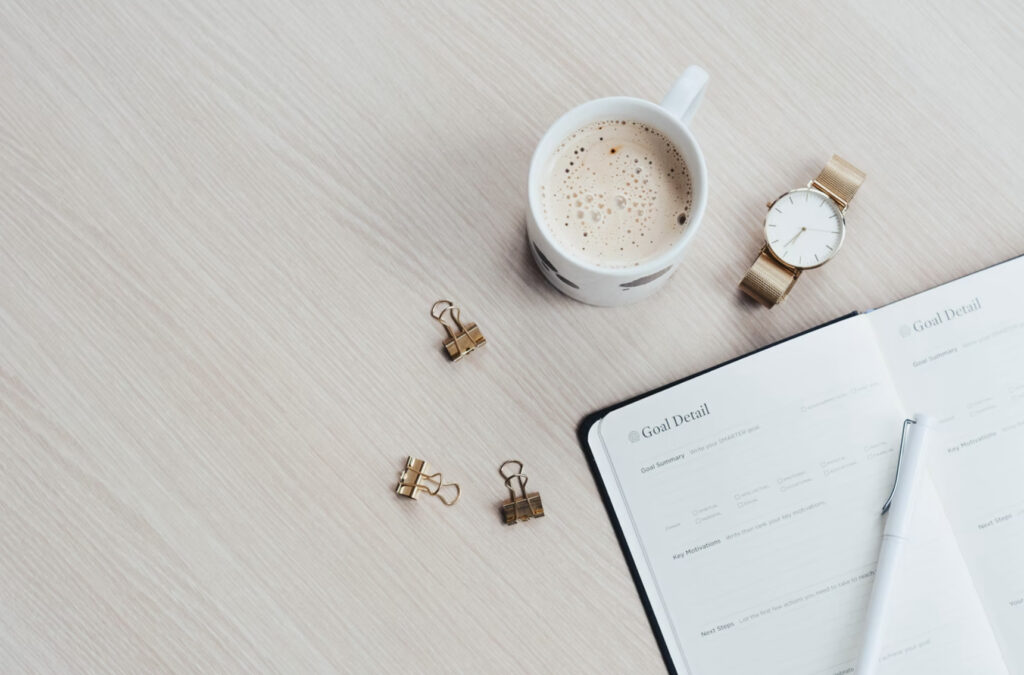By: Tim Irvine
A couple of days ago, I talked with a friend of mine about their food choices over the last while. It ended up being a deep, hour-long conversation about what drives habits in general. I have to say; it was very illuminating.
To provide context, this friend has quite a bit of knowledge around health, wellness, and, specifically, nutrition. They are not professionals in the area but have worked with professionals enough to know what works for them and what doesn’t.
Our recent conversation began with their contemplation of seeing a nutrition professional as they can’t seem to get on track with their eating. Why were they looking to see someone when they already knew what works? There was one specific example of a meal they prepared for themselves. They were going to make something that they enjoyed and was healthy, but instead chose unhealthy yet still enjoyable. It was a conscious decision to go with the unhealthy option, after which they felt disappointed in themselves.
This cycle may be familiar to you either because you identify with it personally or apply to someone you know. It is common and, I would argue, happens to all of us somehow. If not with food, then with drinks, TV, social media, etc.
In my conversation, two essential elements surfaced. The desire to make a choice that we know is not ideal is often driven by emotion rather than logic. Something is going on in our lives that day/week/month/year upsetting us. Sometimes we are aware of it; sometimes, we are not. We can also be aware but underestimate how much it is impacting us. In these situations, we make emotional decisions to provide ourselves comfort. With food as an example, we know the bag of chips isn’t ideal for us, but we feel like we’ve had a bad day, so we’re going to treat ourselves. We support ourselves through these acts, and they can become habitual over time. A lousy day equals a bag of chips.
We can even be disappointed in ourselves because we have ‘failed,’ are ‘weak,’ or made a ‘bad decision.’ I acknowledge what it feels like, but I don’t think it’s an accurate description of what has happened. Believe these are simply mechanisms we use to try and ‘treat’ ourselves when we feel down. T’s human nature, and of course, we all want to feel supported and have our spirits buoyed.
The second element is closely related to the first. T is the ‘why’ behind the emotion. Sing me as an example; I can manage a fair amount of stress well. The problem is, if I have enough of it, I’m blind to the fact it is affecting me. Get more irritable, and those around me notice it. I’m lucky because those close to me call me on it. This has helped me understand I need to be more aware of the stress I’m under. I think some version of this is valid for most people. The result is not typical or ideal behaviour for us compared to less stressful periods. Like picking a food we know is a treat when we know better or that glass of wine or cocktail after a hard day.
The bottom line is our decisions are not simply a product of a ‘do’ or ‘don’t’ mechanism. It’s often much more complex, with other factors driving our choices. It’s good to reflect on the stresses in our lives to help better understand the root of some of these decisions.
*It’s important to note that I am not a psychologist, and these are my observations over many years of seeing clients. Please take it as such and not as professional advice. I’m hopeful psychologists would agree that being more self-aware in positing.

